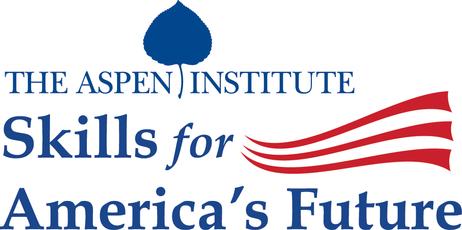The significant role community colleges will play in the country's economy has been underscored by the White House over the past few months, with the first annual community college summit taking place in Washington this fall. However, for community colleges to become the relevant players that President Obama wants them to be, the current dismal graduation rates at community colleges across the country will need to increase. To that end, the "Achieving the Dream" initiative has been implemented to recognize community colleges performing above national standards and use those tools to elevate other colleges to a higher level.
Achieving the Dream is committed to assisting community colleges to serve their students better so more students can realize academic and professional success. Colleges participating in the movement agree to carefully analyze their current procedures and student outcomes and develop and implement new strategies to improve student outcomes overall.
In addition, participating colleges agree to monitor their progress and report their findings to Achieving the Dream so that other colleges can benefit from their knowledge and experience. This year, the organization learned three important lessons on improving learning from two participating community colleges in their pool.
This video offers suggestions for improving student success.
Reducing Achievement Gaps = Increased Student Retention
Valencia Community College in Florida offered several programs for under-prepared students coming to the campus for the first time –





.png)

















